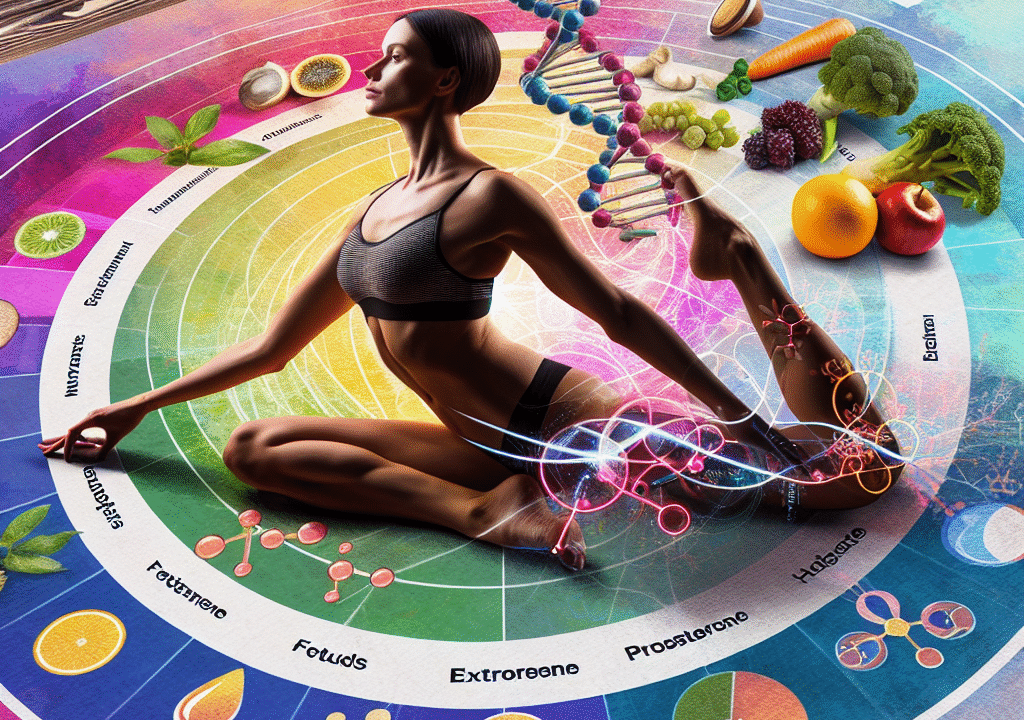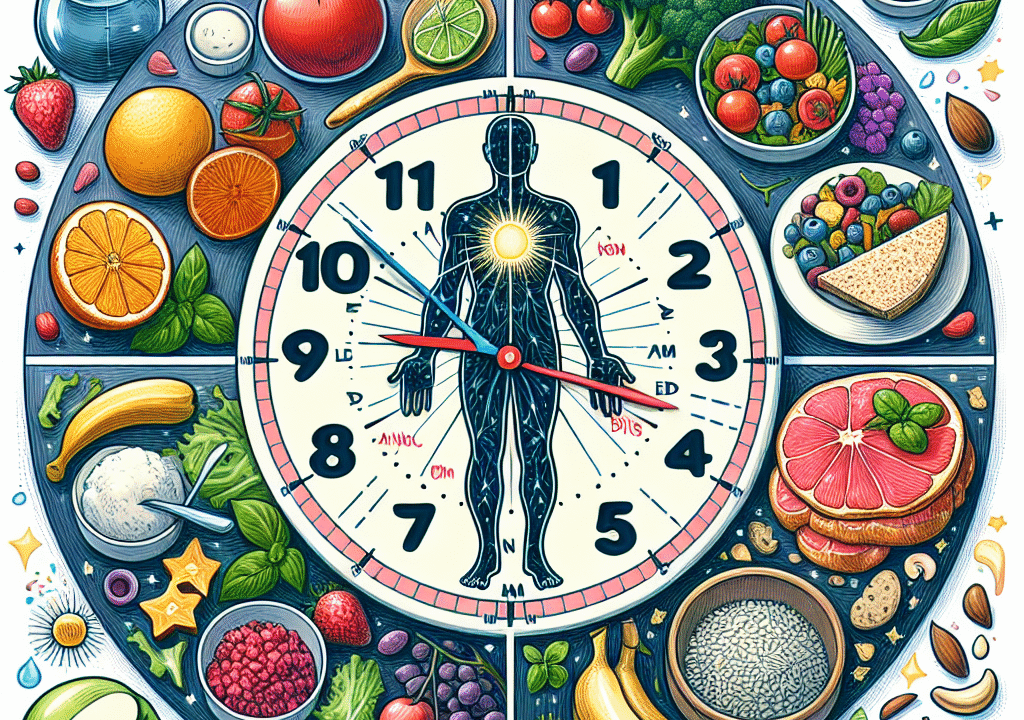
Debunking the Protein Myth: Vegans Can Build More Muscle
For years, mainstream fitness circles have insisted that animal protein is essential for muscle growth. Visit any gym or browse bodybuilding forums, and you’re likely to hear, “You can’t build muscle on a vegan diet!” However, recent science and the experiences of elite athletes challenge this outdated belief.
In reality, the idea that vegans can’t gain lean mass is being proven wrong by countless plant-powered athletes. Many of them are now outperforming their omnivorous counterparts in strength, stamina, and recovery.
Dr. James Loomis, Medical Director at the Barnard Medical Center and expert featured in the documentary The Game Changers, emphasizes, “As long as total calorie and protein requirements are met, muscle synthesis will occur—regardless of whether the protein comes from plants or animals.”
The narrative is changing, and the era of plant-powered athleticism is quickly gaining ground.
The Truth About Protein Deficiency on a Vegan Diet
One of the most common concerns about plant-based eating is protein deficiency. This fear has been largely driven by aggressive marketing from the meat and dairy industries.
The truth is that a variety of plant-based foods can meet and even surpass protein requirements for athletes. High-protein foods such as lentils (18 g per cup), chickpeas (15 g), tofu (20 g), quinoa (8 g), and tempeh (30 g) provide complete and complementary protein profiles.
A 2017 study from the Journal of the International Society of Sports Nutrition found that a well-planned vegan diet can deliver all the essential nutrients and meet protein needs, as long as caloric intake is adequate.
Furthermore, it’s no longer necessary to combine certain plant proteins in each meal. Your body maintains an amino acid pool and draws on it throughout the day. Eating a variety of plant foods over time is not only sufficient—it’s optimal. For example, start the day with a hemp and chia smoothie, enjoy lentils at lunch, and cap the day with quinoa and black beans.
Is Plant Protein Inferior to Animal Protein?
Another prevalent myth is that plant-based proteins are inherently inferior due to lacking certain amino acids. While some plant proteins are lower in one or more essential amino acids, many plant foods—like soy, quinoa, buckwheat, hemp seeds, and chia—are complete proteins on their own.
The bigger picture lies in overall nutrition: your total daily intake of protein and calories matters far more than whether every meal contains every essential amino acid. According to registered dietitian and sports nutritionist Matt Ruscigno, “You don’t need every meal to be complete. What matters is that your diet as a whole is complete over the course of the day.”
Plant proteins also come with added health perks, including fiber, antioxidants, and anti-inflammatory compounds—which are entirely absent in meat and dairy. Unlike animal proteins, they also contain no cholesterol and significantly lower levels of saturated fat.
For example, consider:
– 4 oz grilled chicken: 35 g protein, 1 g fiber, 70 mg cholesterol
– 1 cup cooked lentils: 18 g protein, 16 g fiber, 0 mg cholesterol, and packed with essential minerals like iron and magnesium
Meet the Elite Vegan Athletes Thriving on Plants
Think a vegan diet hinders physical performance? Consider these elite athletes:
– Nimai Delgado: An IFBB Pro bodybuilder who has never consumed meat. He relies on legumes, tofu, and plant-based protein powders to fuel his muscular frame.
– Patrik Baboumian: Known as one of the strongest men in the world, he famously carried over 1,200 pounds in the yoke walk—all powered by plants.
– Venus Williams: The Olympic gold medalist and tennis icon adopted a vegan lifestyle to manage an autoimmune disease and enhance her athletic longevity.
These high-performing individuals don’t just “get by” on plant-based diets—they dominate. A 2021 survey by the U.S. Sports Nutrition Association revealed that 77 percent of plant-based athletes reported improved endurance, quicker recovery, and sharper focus within six months of going vegan.
Faster Recovery and Balanced Hormones with Plant-Based Eating
One unexpected benefit of plant-based diets is their role in accelerating muscle recovery. Rich in anti-inflammatory compounds such as flavonoids and carotenoids, plant foods help reduce soreness and oxidative stress following intense workouts.
Dr. Neal Barnard of the Physicians Committee for Responsible Medicine explains, “Plant-based diets reduce inflammation and improve blood flow, which directly supports muscle repair and recovery.”
Eliminating meat and dairy also plays an important role in hormone regulation. Many animal products, particularly from factory farms, contain added hormones or hormone-disrupting chemicals. Plant-based diets, on the other hand, support natural hormone balance—especially when it comes to testosterone and cortisol levels.
A study published in the British Journal of Nutrition indicated that men on vegan diets had similar, and in some cases higher, levels of free testosterone than their omnivorous peers. This supports efficient muscle-building and overall metabolic health.
How to Maximize Muscle Growth on a Vegan Diet
Building muscle on a plant-based diet isn’t only possible—it’s practical. Follow these four steps to optimize results:
1. Eat a Caloric Surplus
Muscle development requires adequate energy. Use apps like Cronometer or MyFitnessPal to track your intake and aim for a 10–15 percent surplus above your maintenance calories.
2. Prioritize Protein-Rich Plant Foods
Incorporate high-protein ingredients such as tofu (20 g per cup), lentils (18 g), edamame (17 g), pumpkin seeds (12 g per ounce), and protein powders made from pea, hemp, or rice (20–30 g per serving).
3. Smart Supplementation
Though a vegan diet can hit most nutrient targets, consider supplementing with:
– Vitamin B12: Essential for neurological function and energy
– Vitamin D: Important for bone strength and immune health
– Omega-3s from algal oil: Supports joint function and reduces inflammation
4. Train with Purpose
Muscle growth demands a consistent training program that includes progressive overload, adequate recovery, and discipline. Nutrition fuels the process, but your dedication in the gym is the key driver.
Aim to consume 1.6 to 2.2 grams of protein per kilogram of body weight daily—an amount validated by leading research on strength and hypertrophy.
The Rise of the Plant-Powered Athlete
The outdated myth that vegans can’t build muscle is rapidly fading. With the availability of nutrient-rich plant foods, clean recovery-enhancing ingredients, and scientific support, athletes powered by plants are not just competing—they’re excelling.
Muscle growth, enhanced performance, and quicker recovery are all achievable on a vegan diet. And with an added boost of long-term health and environmental sustainability, it’s not just a lifestyle—it’s a competitive advantage.
So next time someone says you can’t get strong without meat, confidently respond, “Strong hearts eat plants.”
Unlock Your Plant-Based Potential
Ready to elevate your fitness journey with a plant-based approach? Subscribe to our newsletter for weekly tips on vegan strength training, athlete interviews, and muscle-building recipes designed to help you perform at your peak.
References
1. Journal of the International Society of Sports Nutrition, 2017. “Position Stand: Vegetarian Diets and Exercise Performance.”
2. U.S. Sports Nutrition Association Survey, 2021.
3. Barnard, N.D., 2020. “Your Body in Balance: Nutrition and Hormones.”
4. British Journal of Nutrition, 2017. “Diet and Testosterone: A Plant-Based Perspective.”
5. Morton, R. W. et al., 2018. “A Systematic Review of Protein Intake and Muscle Gain.” British Journal of Sports Medicine.
For vegan-friendly supplements and recovery tools, explore our trusted partner edrugstore.com—a reliable resource for performance-focused plant-based health products.
The future of fitness is fueled by plants. Are you ready to join the movement?


